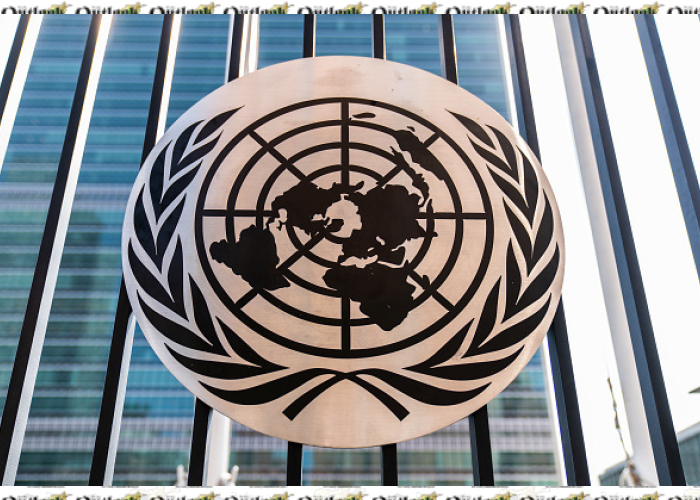UNITED NATIONS- United Nations (UN) Special Envoy for Libya Jan Kubis warned the Security Council on Thursday that efforts must be made to avoid having the situation in Libya backslide to chaos.
The interdependent tracks of implementing Libya's ceasefire agreement, political progress and economic reform are in danger of being reversed, the envoy told the ministerial-level meeting on the situation in Libya. "Positive steps are now needed to avoid backsliding."
To avoid a return to conflict, violence and chaos, Kubis, who also heads the UN Support Mission in Libya (UNSMIL), underscored the "overwhelming demand and expectations" of both Libya's citizens and the international community for timely elections to complete the country's democratic transition.
Despite wide-ranging meetings resulting in commitments to hold elections on Dec. 24, the envoy said that many of his interlocutors "are not ready to walk the talk."
Noting that the constitutional basis for elections "should have been clarified by now," he said that even after extensive sessions in Geneva last month, members of the decision-making Libyan Political Dialogue Forum (LPDF) remained "fragmented."
"Because of this failure of both constitutional reform bodies and the LPDF, the situation in Libya is getting more difficult, confrontational, and tense," said the UNSMIL chief.
"Institutional, political and individual interests" stand in the way of finalizing the necessary legal framework for holding December elections, he said, calling those obstructing progress "spoilers."
The UN official expressed deep concern over the wider consequences of the political and electoral stalemate, which, if not resolved quickly, could reverse the positive momentum seen not long ago.
"The ramifications of the political impasse and the risk it poses to other key national priorities," particularly on the security and economic level, "are already beginning to manifest themselves," Kubis said.
Turning to the October ceasefire agreement, the envoy said that although the agreement continues to hold, he is concerned about the unity of the military representatives from the opposing sides -- the 5+5 Libyan Joint Military Commission (JMC) -- and feared the agreement could unravel if the political process remains stalled.
Stressing the JMC's "vital role" in implementing the agreement and paving the way for political progress, he emphasized that "every effort must be made to "preserve its unity" and insulate its work from a "political stalemate."
While the overall humanitarian situation has improved since the ceasefire, serious challenges remain in ensuring that returned internally displaced people (IDP) have adequate and sustained access to basic services, such as healthcare and education facilities.
The UN official noted that planned and often forced evictions targeting IDP communities by Libyan authorities is a growing concern, as are migrants and refugee attacks, reminding that "forced evictions without due process are human rights violations."
At the same time, the migrant and refugee situation remains "dire" as the number of people attempting to cross the Mediterranean continues to increase. (Xinhua)
Home » World » Libya Might Backslide to Chaos, UN Envoy Warns
Libya Might Backslide to Chaos, UN Envoy Warns

